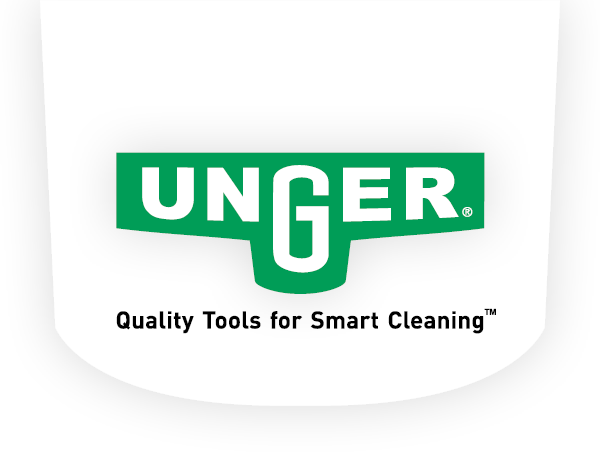NEW! Powerful Nano Filtration with Unger's HydroPower® Nano See The Product

Steps to Proper Sanitation in Disaster Recovery
Our hearts are heavy with thought and sympathy for those impacted by Hurricane Helene and Hurricane Milton. In our support, Unger has donated to the American Red Cross to assist those in need. Learn more here.
Hurricanes leave behind immense damage, including threats to public health. In the aftermath of a natural disaster, maintaining proper sanitation becomes critical to prevent the spread of disease and protect the well-being of those in the affected areas.
Debris, contaminated water, and damaged infrastructure pose immediate threats to public health after a hurricane. Floodwater often carries hazardous substances such as sewage, chemicals, and harmful pathogens, while standing water creates breeding grounds for disease-carrying mosquitoes. If not addressed, these areas can lead to outbreaks of infectious diseases, such as cholera, dysentery, and respiratory infections.
Proper sanitation is crucial for:
- Preventing the spread of disease: Surfaces and debris must be cleaned and disinfected to reduce the risk of harmful bacteria and viruses.
- Ensuring safe living conditions: It is important to make sure returning residents and workers are not exposed to hazardous materials.
- Protecting vulnerable populations: The elderly, children, and those with pre-existing health conditions are at higher risk in unsanitary conditions.
How You Can Help
1. Debris Removal: Removing debris is essential to making areas accessible and safe again. Take precautions to avoid direct contact and use protective gear when cleaning up.
2. Surface Cleaning: Surfaces affected by floodwater must be thoroughly cleaned to prevent contamination and restored to safer conditions. Microfiber cleaning tools should be used whenever possible to best remove dirt and harmful contaminants.
3. Sanitation of Public Areas: Shared spaces like restrooms and cafeterias are critical during disaster recovery to ensure the health and safety of both staff and patrons. These areas are high-contact environments, where germs can spread rapidly due to the frequent use of shared surfaces like door handles, faucets, countertops, and eating utensils.
Conclusion
In the wake of natural disasters, maintaining proper sanitation is important to ensure public health and safety. With contaminated floodwater, debris, and hazardous materials present, effective cleaning and sanitation are crucial to prevent the spread of disease and create livable conditions for affected communities.
